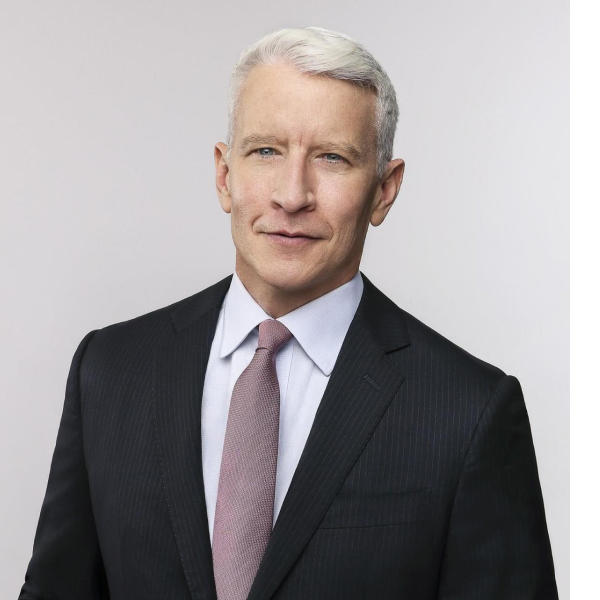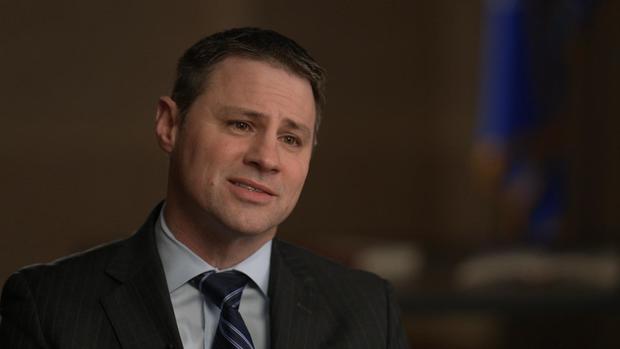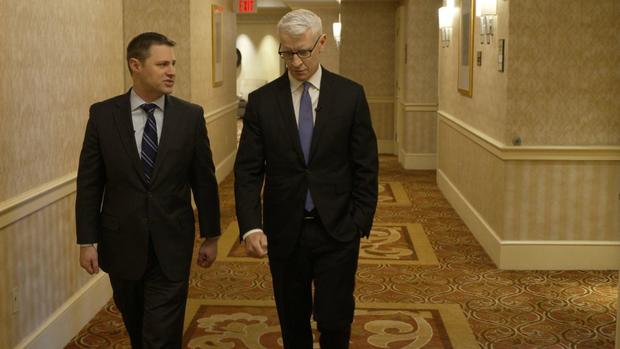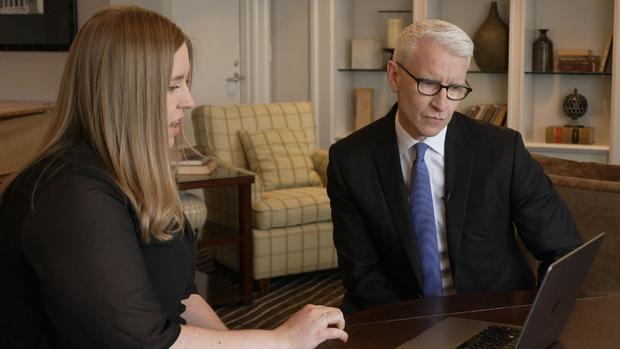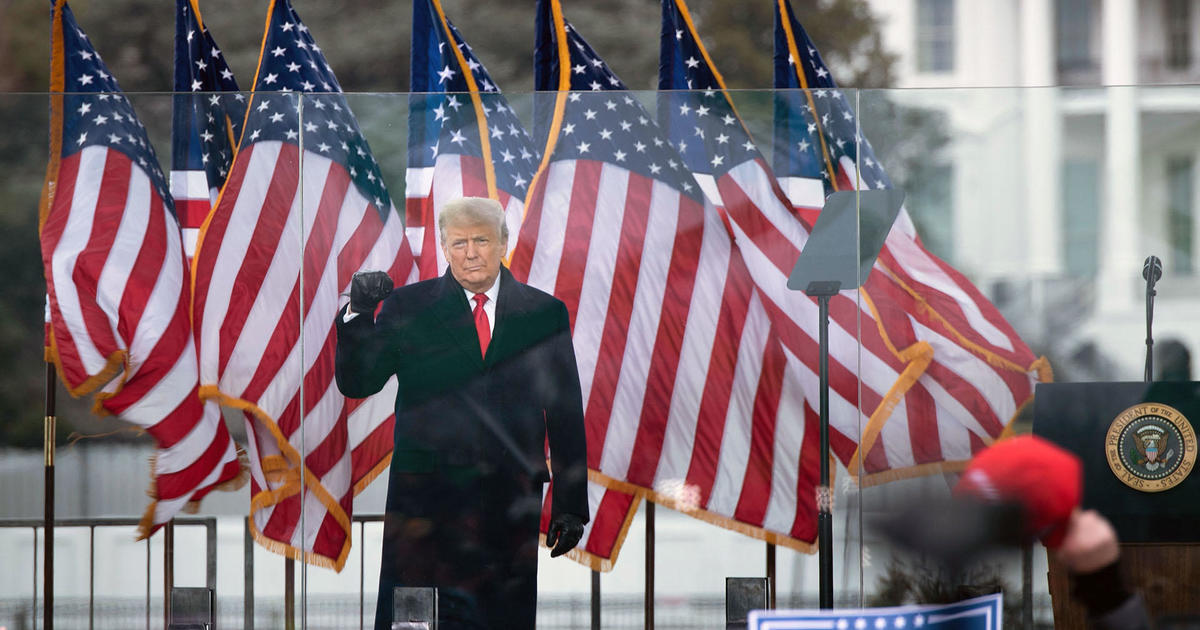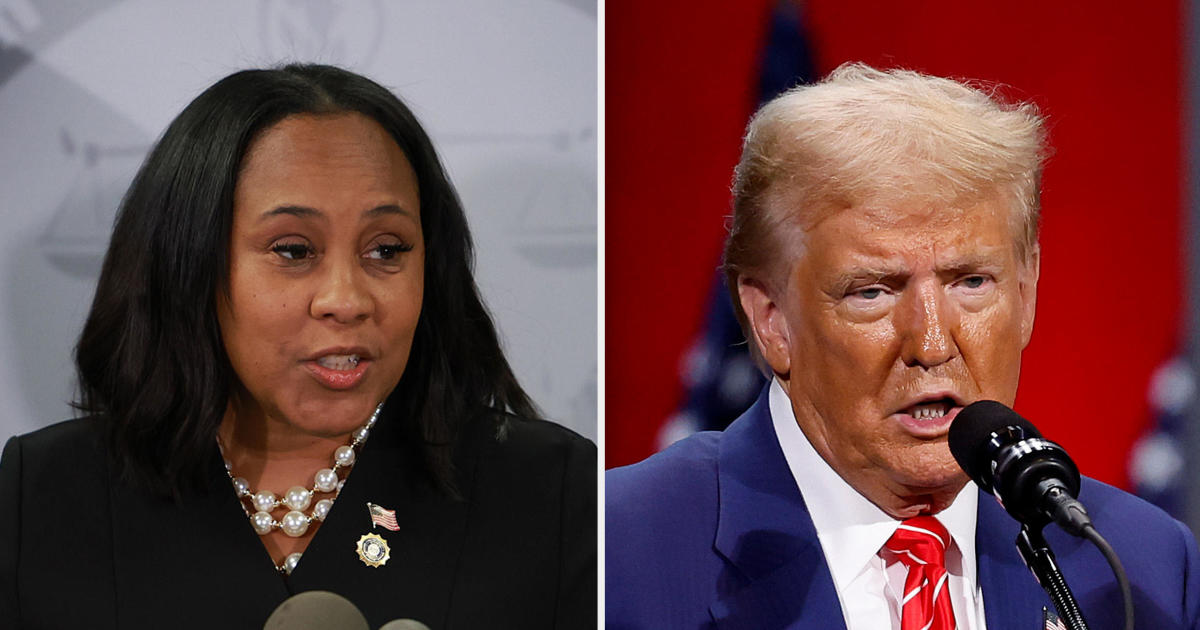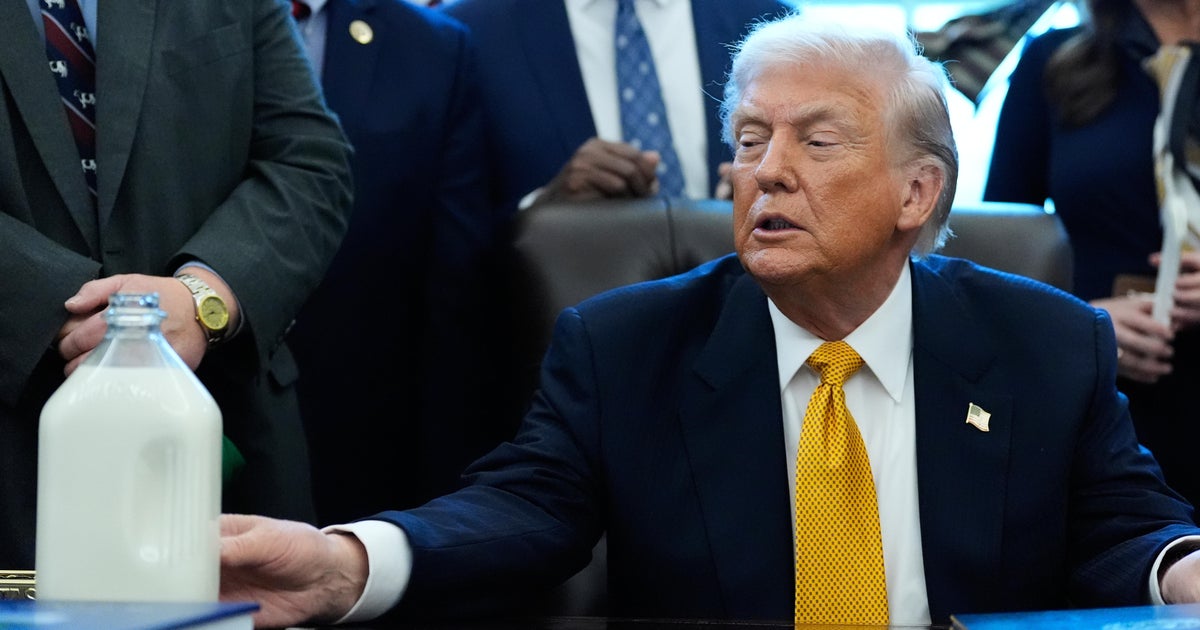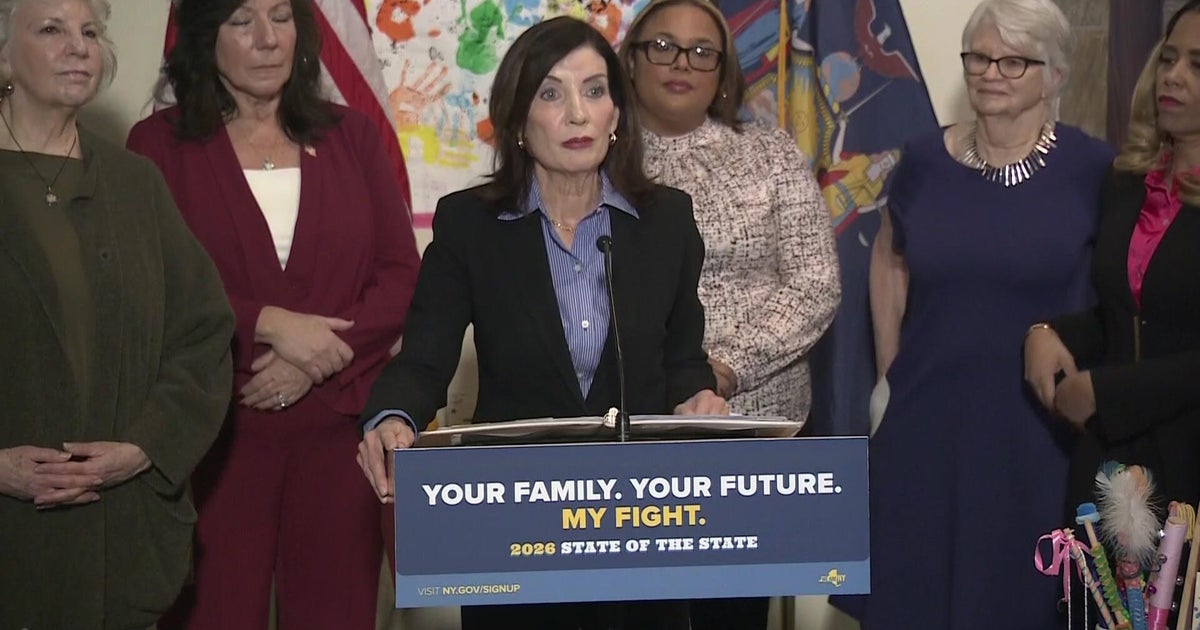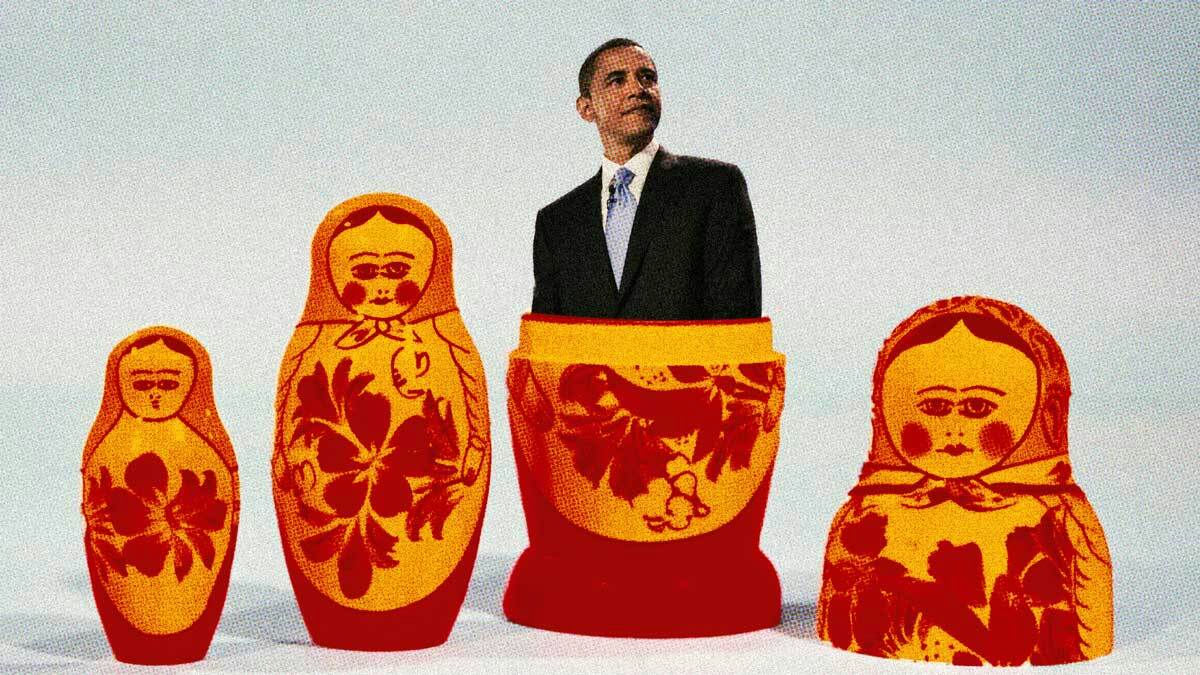Former Wisconsin Republican Party chair says he was tricked by fake elector plan
Former Wisconsin Republican Party Chairman Andrew Hitt was nominated to be an elector if former President Donald Trump won the state in 2020, but after Trump lost, Hitt and nine other Republican electors met at the state capitol and signed documents falsely claiming Trump won.
Hitt said lawyers told him the documents they were signing were meaningless unless Trump's legal team won its lawsuit seeking to dismiss over 200,000 votes in two Democratic counties.
Hitt said he was advised that if a court ruled in Trump's favor and he and the other Republicans did not meet and sign the documents on Dec. 14, 2020 — when the Democratic electors were required to meet to cast their votes for President Biden — he would be responsible for Trump forfeiting Wisconsin.
"It was not a safe time," he said. "If my lawyer is right, and the whole reason Trump loses Wisconsin is because of me, I would be scared to death."
What were the 2020 election results in Wisconsin
Hitt, who was the chairman of the Republican Party in Wisconsin during the 2020 election, said he campaigned tirelessly for Trump before Election Day.
"Oftentimes phone calls would start by 6 in the morning, and wouldn't end until 10:30 at night," he said. "I did everything I possibly could."
Mr. Biden ended up winning Wisconsin by some 20,700 votes.
The Trump campaign challenged the results, focusing on absentee ballots. The campaign wanted to dismiss more than 200,000 absentee ballots in the Democratic strongholds of Dane and Milwaukee counties on technical grounds.
On Nov. 30, 2020, Wisconsin Gov. Tony Evers, a Democrat, certified Mr. Biden's victory, authorizing the state's Democratic electors to gather at the state capitol on Dec. 14 to cast their votes for Mr. Biden.
Electors vote
Hitt said he got a call from someone with the Republican National Committee days before Evers certified the state's vote. He said he was asked for a list of Republican electors in Wisconsin, which Hitt said made him suspicious.
"I was already concerned that they were going to try to say that the Democratic electors were not proper in Wisconsin because of fraud," Hitt said.
But Hitt said he didn't believe there had been widespread fraud in the state.
Hitt said he was advised by the state GOP's outside legal counsel on Dec. 4, 2020, to gather the other Republican electors at the Capitol on Dec. 14 and, as a contingency, sign a document claiming they were "the duly elected and qualified Electors for President" for Wisconsin.
"In case a court would overrule the election here in Wisconsin," Hitt said he was told.
On the morning of Dec. 14, in a narrow 4-3 ruling, the state Supreme Court rejected the Trump campaign's attempt to throw out votes cast in the two Democratic counties. Hitt said he and the other fake Wisconsin electors met anyway to sign documents falsely claiming Trump won, because he had been told the Trump campaign was still planning to appeal to the U.S. Supreme Court.
"If I didn't do that, and the court did throw out those votes, it would have been solely my fault that Trump wouldn't have won Wisconsin," Hitt said.
Pro-Trump lawyer Kenneth Chesebro, who has since pleaded guilty to a charge of conspiracy to commit filing false documents in the Georgia 2020 election case, showed up to watch the fake electors vote. Chesebro was an alleged architect of the fake electors scheme.
Federal prosecutors allege the scheme was part of a plan to overturn the election, orchestrated by pro-Trump attorneys, with Trump's support. The plan is a prominent part of special counsel Jack Smith's indictment of the former president. According to Smith, what began as a legal strategy in Wisconsin evolved into a "corrupt plan" involving fake electors in six other states as well: Arizona, Georgia, Nevada, New Mexico, Pennsylvania and Michigan.
Election certification in Washington
By Jan. 4, 2021, according to internal emails, some in the Trump campaign were panicking because they believed the fake electors' documents from Michigan and Wisconsin hadn't arrived in Vice President Mike Pence's Senate office.
A colleague soon texted Hitt: "Freaking trump idiots want someone to fly original elector papers to the senate President."
Hitt replied: "This is just nuts."
With two days remaining before the Jan. 6 electoral college count, Hitt said that because the Trump campaign had appealed the Wisconsin ruling to the U.S. Supreme Court, he still believed there was a chance Trump could win the state.
"Well, remember, the Wisconsin Supreme Court had been appealed. And the Trump campaign had just requested that they expedite, that the United States Supreme Court expedite its review," Hitt said. "And so January 4th, it seemed like, yeah, it's possible that a much more conservative United States Supreme Court could overturn a 4-3 decision."
On Jan. 5, Alesha Guenther, then a law school student on break and working part time for the Wisconsin Republican Party, flew Wisconsin's fake elector documents to Washington. She said she was tasked with bringing the paperwork to Ken Chesebro. She said she found him, with the aid of a selfie he'd sent to her, and then she handed off the fake elector documents.
"He kind of took a dramatic step back, and looked at me, and said, 'You might have just made history,'" Guenther said.
Chesebro told investigators he delivered the Wisconsin documents to Capitol Hill. An aide to Wisconsin Republican Sen. Ron Johnson tried to arrange to get the fake elector slates from Wisconsin and Michigan to Pence, according to a text presented by the January 6th Select Committee. But, in the text chain, Pence's aide responded, "Do not give that to him."
The real electoral votes were taken to safety during the Jan. 6 Capitol riot and were returned after Congress resumed. Pence announced the election results and closed the session on Jan. 7 at 3:44 a.m. The Supreme Court ultimately declined to hear the Trump campaign's lawsuit in Wisconsin.
Moving on from the fake elector plan
State criminal charges have been filed against some of the fake electors in Georgia, Michigan and Nevada. Wisconsin's fake electors haven't been charged. This past December, Hitt and Wisconsin's other Republican electors settled a civil lawsuit against them by some of the state's Democratic electors. The Republicans admitted they signed a document that was "used as part of an attempt to improperly overturn the 2020 presidential election results."
Hitt, who said he has cooperated with the Jan. 6 committee and federal prosecutors, maintains that he and the other fake electors in Wisconsin were tricked by some in the Trump campaign.
"Whenever anybody sees our text messages, our emails, our documents, they understand, they know — their conclusion is we were tricked," Hitt said. "The January 6th Committee saw it. Jack Smith specifically in his indictment refers to some of the electors were tricked. That was us."
Trump is the current leading Republican contender in the presidential election, but Hitt said he doesn't think he's the right person for the job. Hitt said he believes the country needs to move forward with a leader who will tackle the "serious issues" the U.S. faces.
"And the next president of the United States needs to do that," Hitt said.
